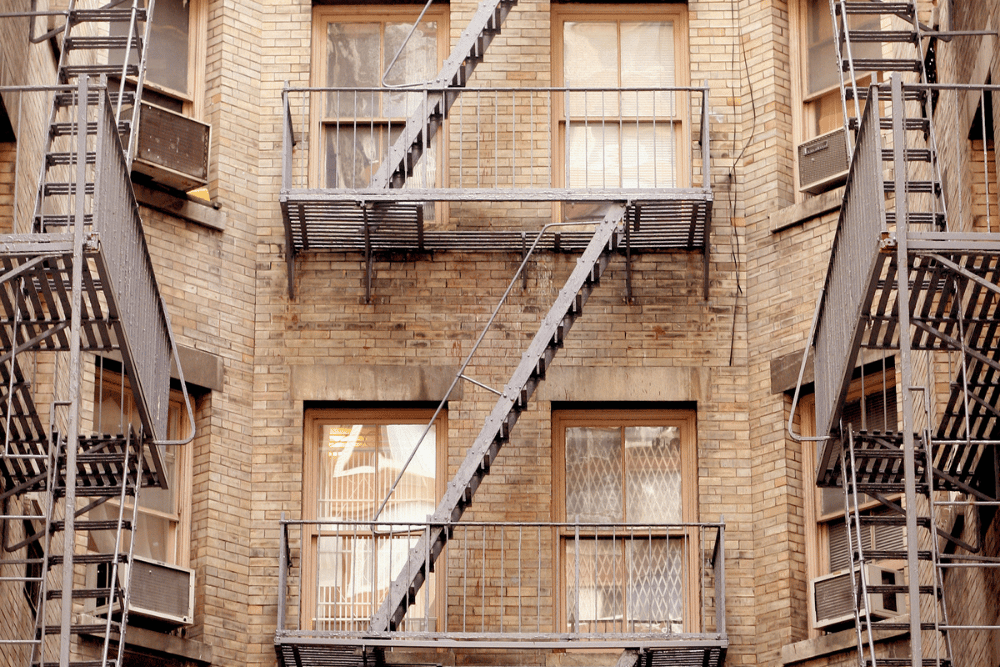Free Consultation
Free Consultation

Accidents happen no matter where you go, but sometimes those accidents occur through no fault of your own, especially in your home.
Recently, a 3-year-old boy fell out the window of his Bronx apartment. He had pushed a piece of cardboard that separated the air conditioning unit from the window. When he fell, an awning at the shop below broke his fall, probably saving his life. He sustained a broken femur but was otherwise unharmed.
When things like this happen, who is at fault? In New York, landlords must reasonably maintain safety on their properties. Here is what you need to know.
Landlords are subject to legal responsibilities concerning their properties in order to protect the residents. Under the law in New York, a landlord has the obligation to make sure their properties are free from unreasonable safety hazards.
If they fail to meet the standards set by the law, they may be deemed negligent and therefore responsible for injuries that occur.
There are many different ways an injury can occur on a rental property. If it can be established that a landlord breached their legal duty to provide safe conditions, they can be held liable for injuries.
Some of the most common causes of injury in New York that lead to landlord liability include:
In New York City and beyond, there are strict codes for housing maintenance. In a multi-family dwelling, such as an apartment building, there are even higher standards.
Codes cover everything from fire exits to marking construction work. If a landlord does not follow the code and an injury results, they may be held liable for damages to the victim.
Accidents involving falls are very common, and slippery floors are one of the leading causes.
In the entrance and exits of apartment buildings, landlords are supposed to take proactive measures to reduce the risks of falls on slippery floors. Failing to do so opens them up to liability.
It is the duty of the landlord to keep their premises free from defects deemed “unreasonable”. Regular maintenance should occur around the property, and any defect found should be eliminated in a judicious amount of time.
Failure to do so is considered negligence on the behalf of the landlord.
It is the duty of the landlord to provide a measure of protection against third parties with bad intentions on their properties. Doors should have working locks, for example, and it should be reported if they do not.
If a landlord does not take action to correct security issues, they can be held liable.
To hold a landlord liable, you must demonstrate that they were negligent. This is accomplished by establishing the fact that they had a duty to you, the duty was breached, that breach caused the accident, and damages are their responsibility.
If you’ve been injured, and you believe your landlord is at fault, you should pursue financial compensation for your injuries. Compensation could cover many damages, including medical expenses.
Remember, your landlord is legally obligated to take reasonable steps for your safety. If they fail to do so, they should be held responsible.